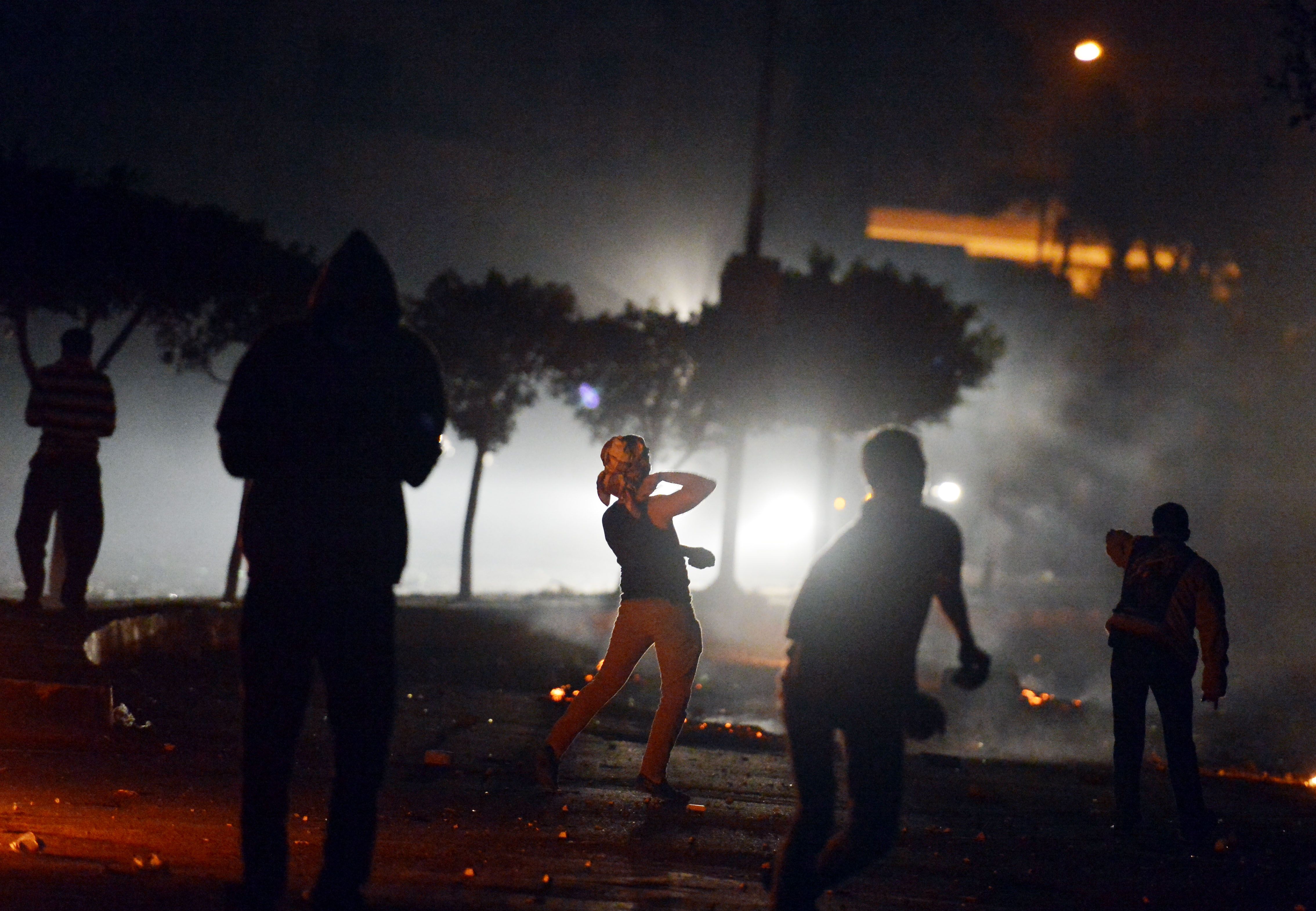ABU DHABI: The Palestine Monetary Authority hopes to issue to banks its first ever Islamic bond worth $50 million by the end of June, its governor Jihad Al-Wazir said on Sunday.
The authority originally aimed to issue the bonds, or sukuk, in the first quarter, but obtaining the approval of the issue being in line with sharia, or Islamic law, delayed the plan.
"We are issuing a $50 million sukuk so it is relatively small, but it is testing the market and it will be a useful instrument. Expected maturity is probably five years," Wazir said.
"If we can speed it up … At the end of this quarter will be a good timeframe," he told reporters after a meeting of Arab central bankers in the United Arab Emirates.
The Palestinians do not have their own currency and the Israeli shekel is used for most day-to-day cash transactions. The monetary authority governs part of the West Bank and Gaza strip.
"Investment vehicles are limited, so it will act also as an instrument that could be used between the banks to increase the flexibility in the interbank market," Wazir said.
The sukuk issue will be denominated in US dollars and based on the ijara concept, he said.
Ijara sukuk, one of the most common forms of Islamic financing, involves a transfer of tangible assets — most commonly real estate — from one party to the next as Islamic law does not allow for debt or interest payments.
It can best be described as an operating lease in which the owner leases an asset to the client.
Wazir expected more debt issues in the coming months but the authority was not willing to increase the public debt burden, now at around $970 million, but rather to securitize it.
The authority regulates 18 banks operating in the Palestinian territories, occupied by Israel in a 1967 war. The $7.5 billion economy grew 11.3 percent in real terms last year.
"We expect a slight decline in GDP growth because of the regional political situation, Arab revolutions and the impact on the economy and tourism sector," Wazir said.
Palestinian economic growth has picked up in recent years due to generous donor support to the Western-backed Palestinian Authority, improved security and stability and a loosening of Israeli movement restrictions in the West Bank.



